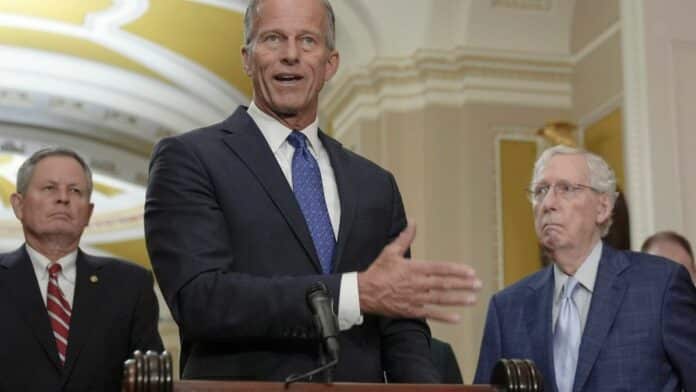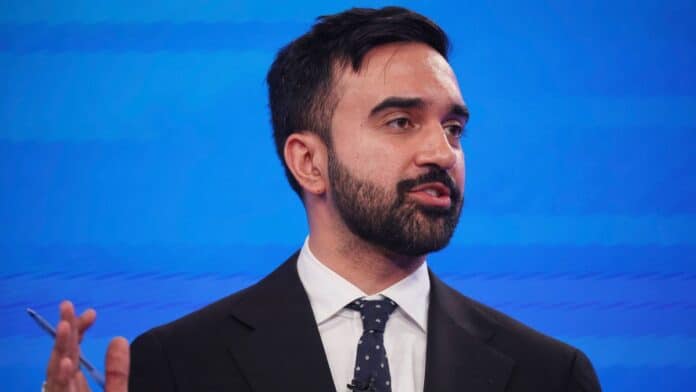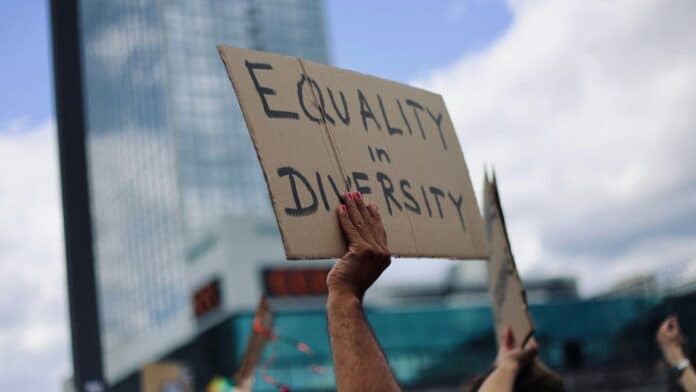Lisa Cook, a governor on the Board of Governors of the Federal Reserve System, issued her first public comments after Donald Trump announced her removal from the board on August 25, 2025, over mortgage‑related allegations. She told the audience at the Brookings Institution she remains committed to her role and will “continue to carry out my sworn duties on behalf of the American people.”
Trump’s firing of Cook marks an unprecedented challenge to the independence of the Federal Reserve, as governors are appointed for 14‑year terms and may be removed only “for cause.” Cook has contested the move as unlawful, filing suit against Trump, the Fed board, and Jerome Powell, and argues no valid cause was presented because the alleged conduct occurred before her term began.
The lawsuit’s outcome could set an important precedent on presidential authority over independent agencies. Legal experts and financial institutions alike are monitoring the case closely.
In her remarks, Cook acknowledged that her legal team has addressed the case’s implications for the Fed and stressed the importance of preserving the central bank’s institutional role. “I would like to briefly address an issue that may be on some of your minds,” she said, before adding that, “because the case is ongoing, it would be inappropriate for me to comment further today.”
From a governance and regulatory standpoint, the dispute raises key questions about presidential influence over independent agencies and the protection of economic policy from partisan interference. The Fed plays a critical role in setting interest rates and managing inflation; its credibility depends on maintaining a non‑political posture. Cook’s stand emphasizes that precedent, putting the legal and public‑policy implications into sharp relief.












